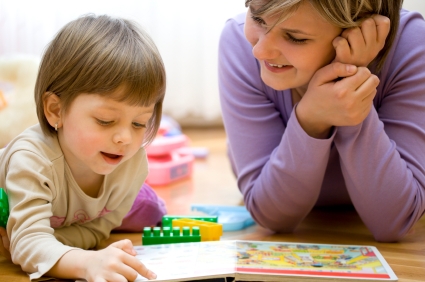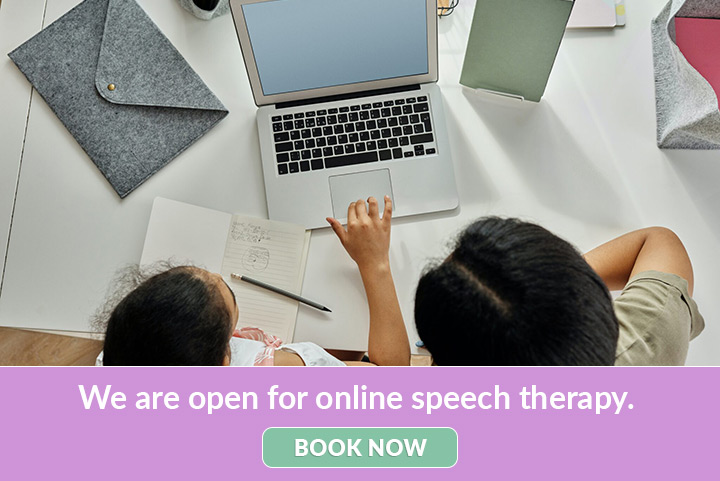Individuals with a learning disability have a slower rate of development than others of the same age. Children with a learning disability acquire speech and language at a slower rate than children of their own age. Some children with learning disability may also have difficulty in manipulating the muscles of their tongue and lips to form the sounds necessary for clear speech.
The language learning of individuals with a learning disability can be enhanced by using specific techniques to help them to learn. As the child spends the majority of time with their Parents and Teachers a collaborative approach is taken in speech and language therapy so that the child can benefit across many environments.
The Speech and language therapist will work in many areas with a child with a learning disability. These include, but are not limited to, involving parents and carers as language facilitators, Attention and Listening, language concepts and vocabulary, implementing alternative methods of communication e.g. sign, expressive language /using words and sentences to communicate
Early intervention has been shown to be crucial in learning disability, so children should be seen for assessment and advice at an early stage.


